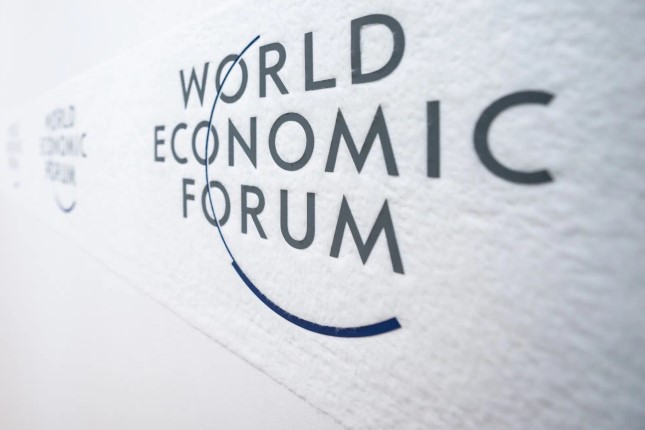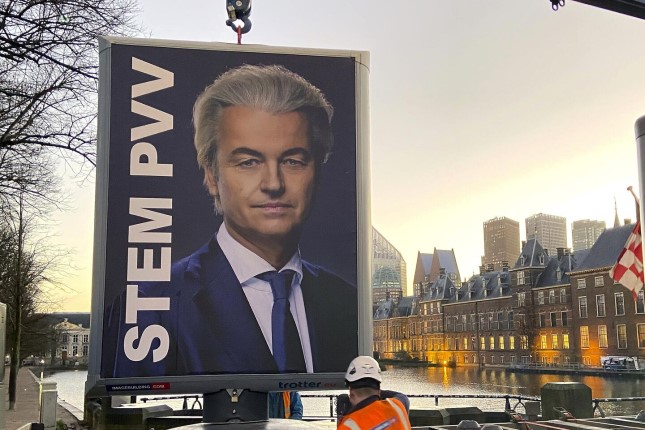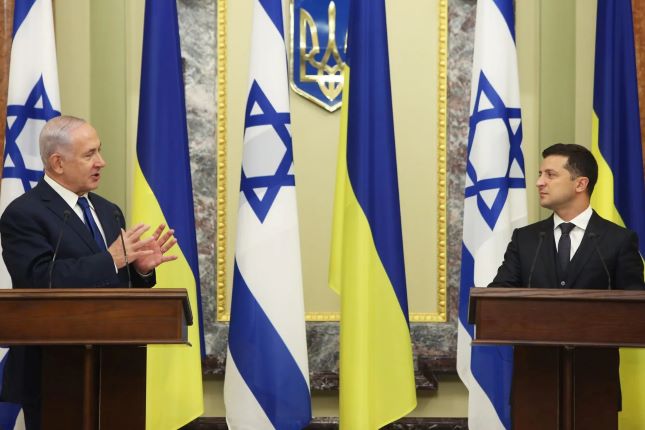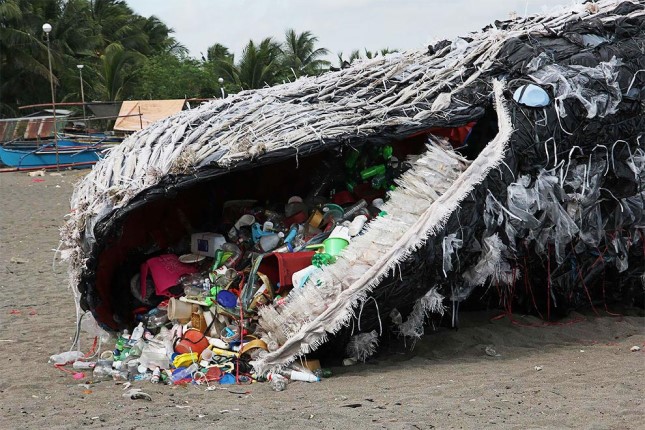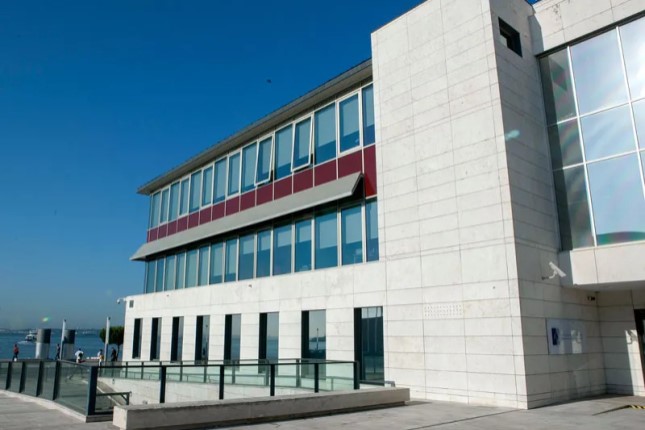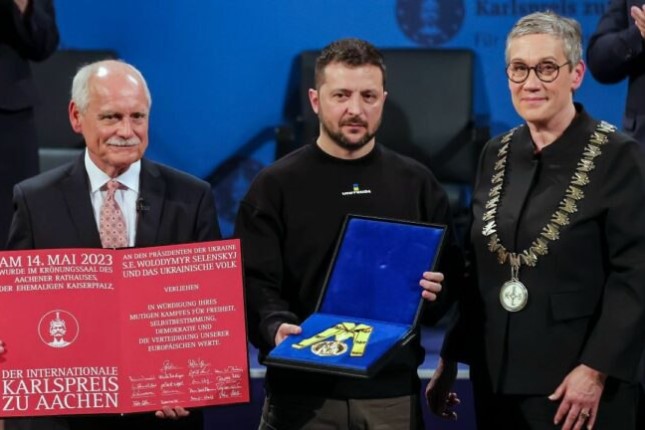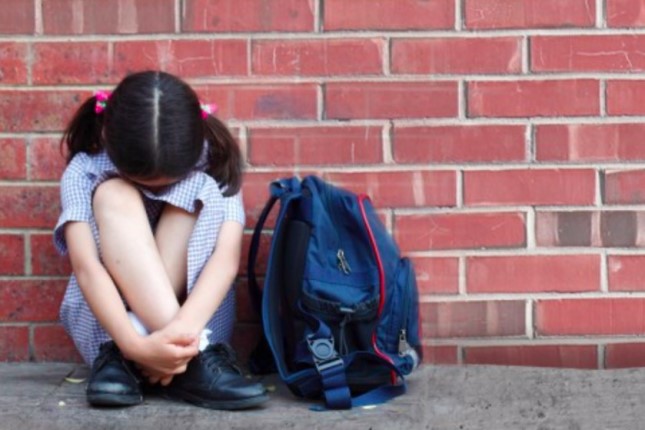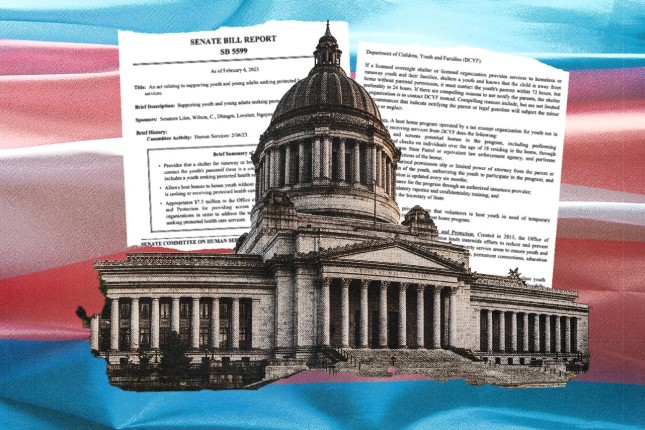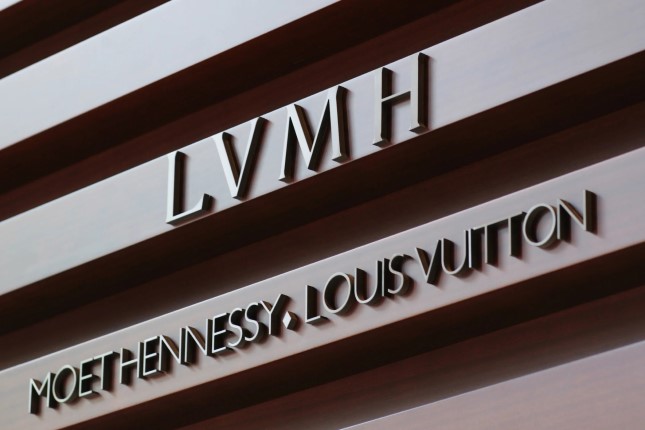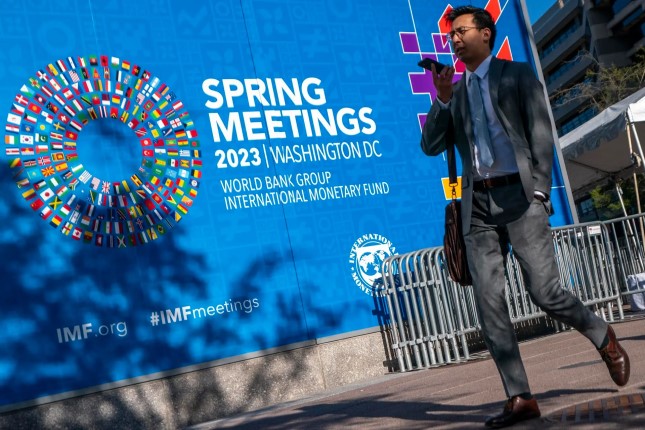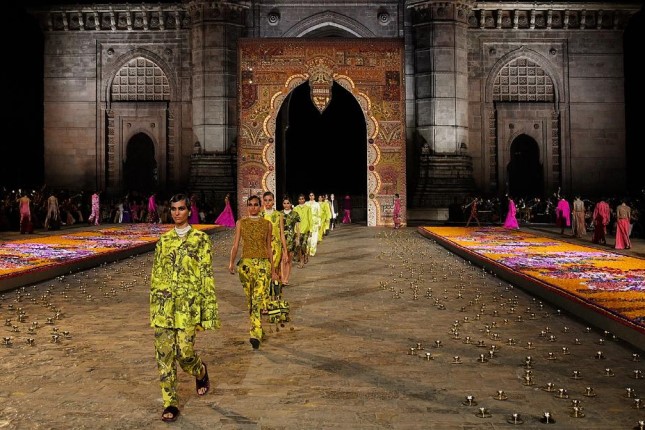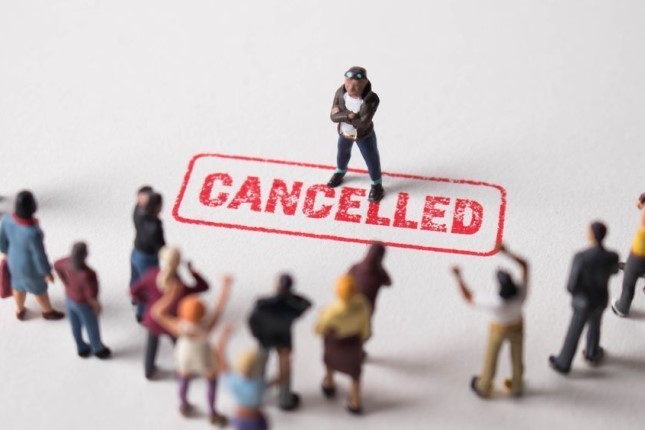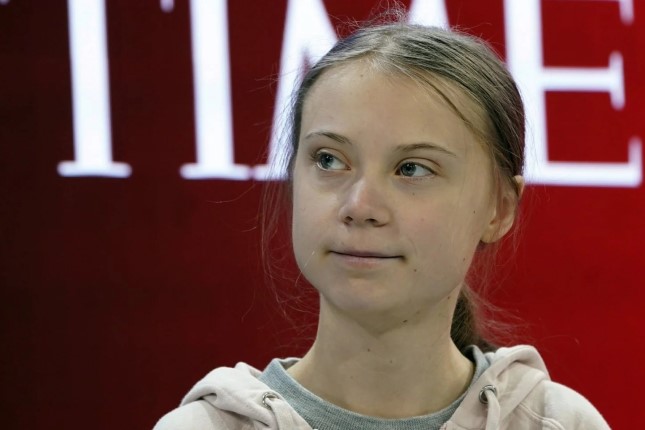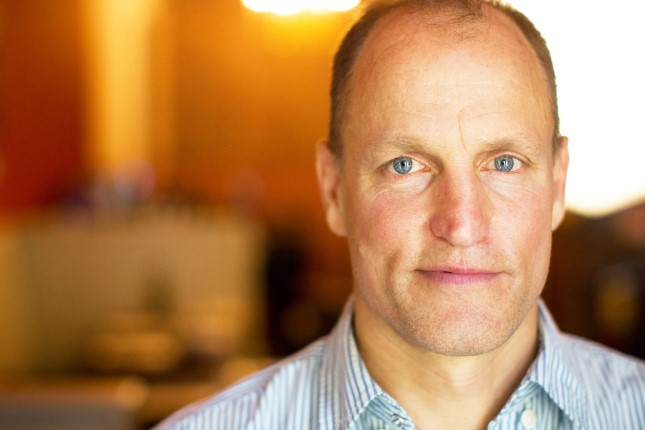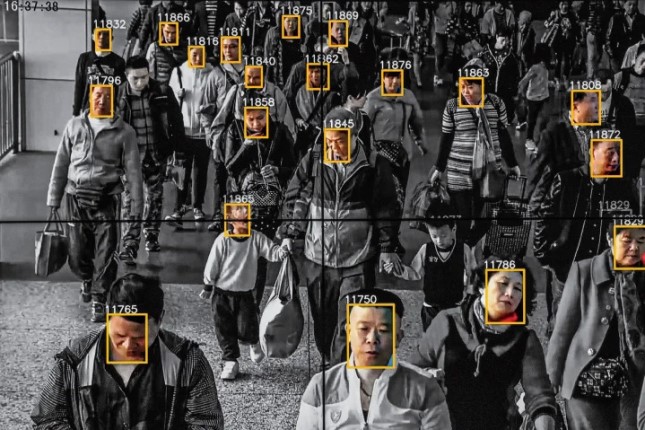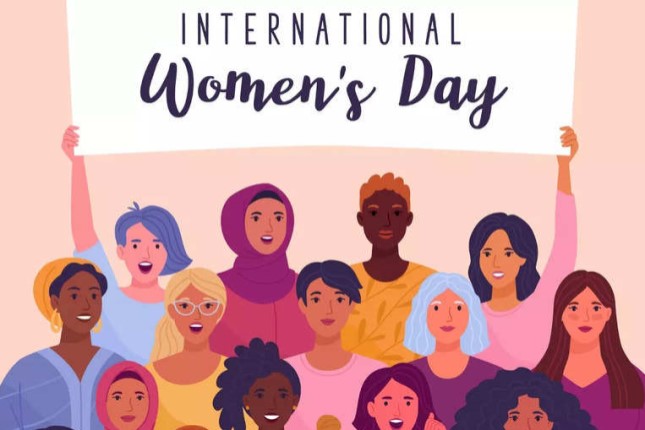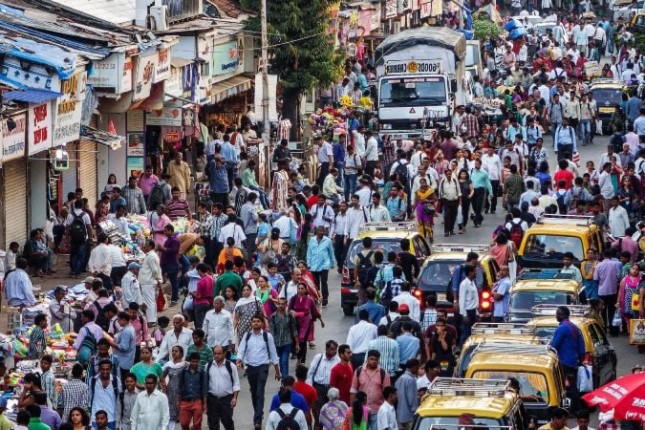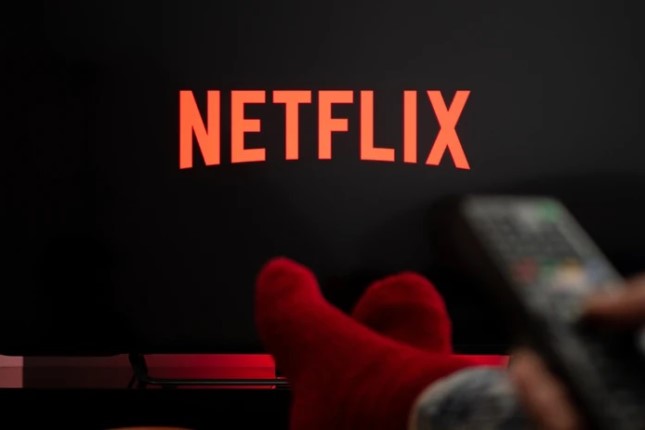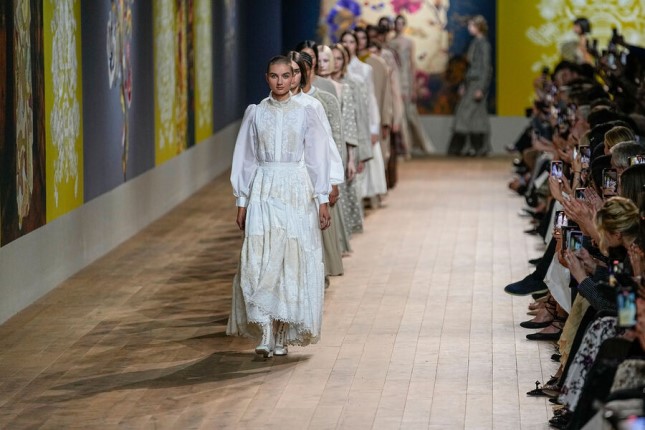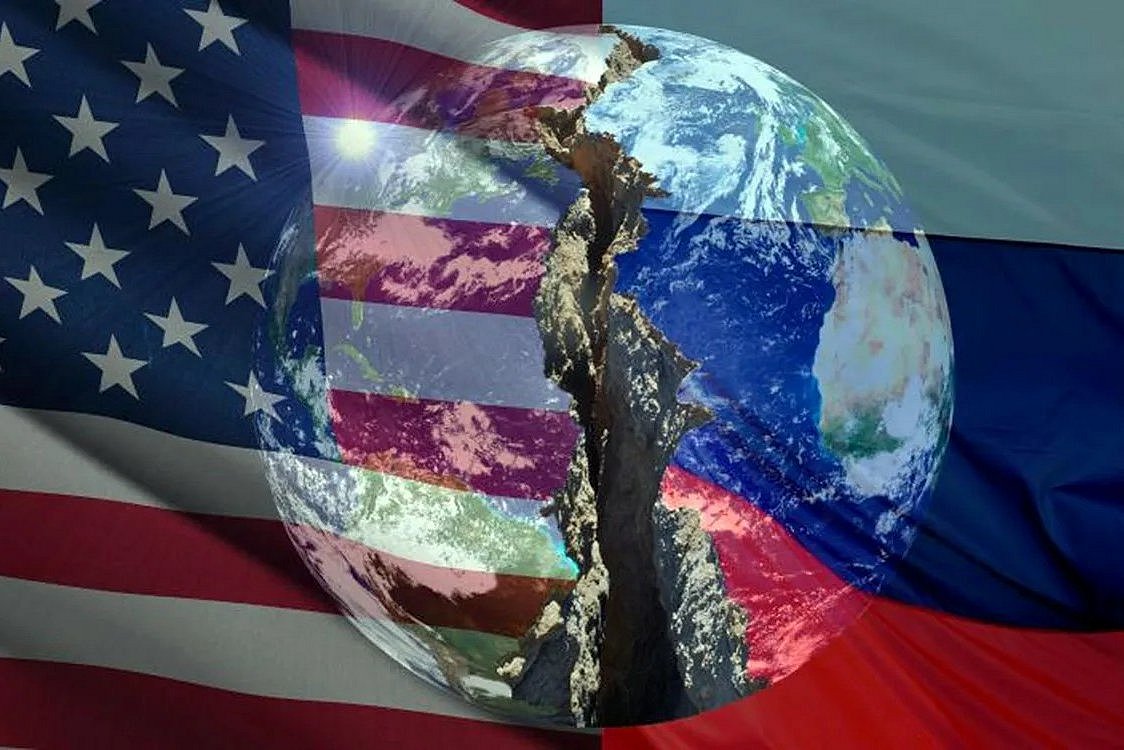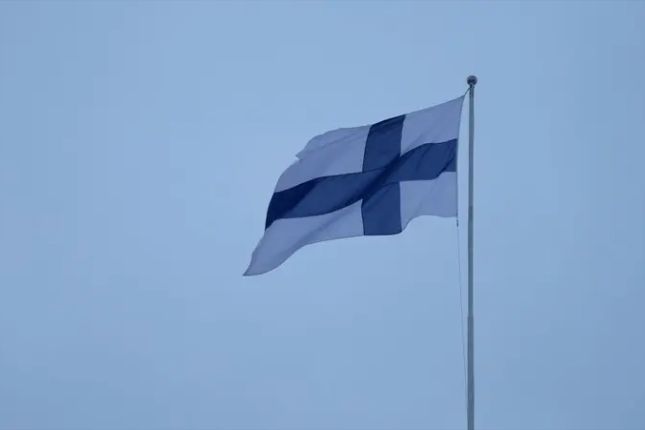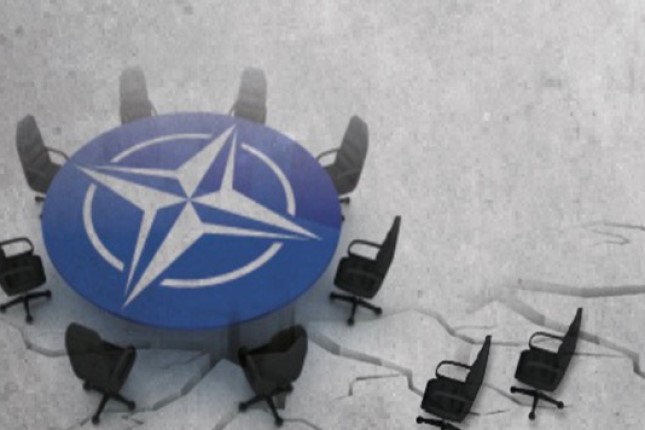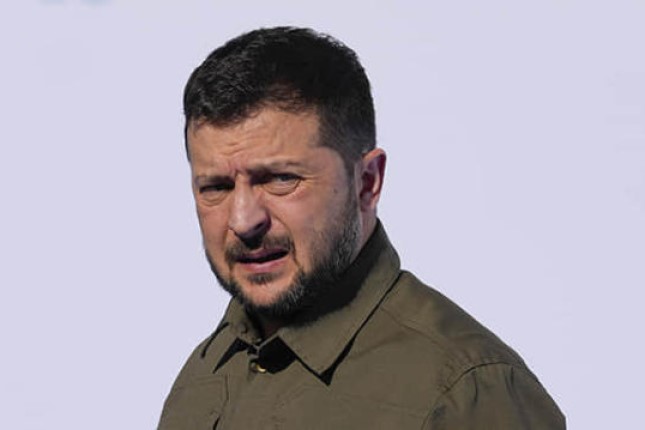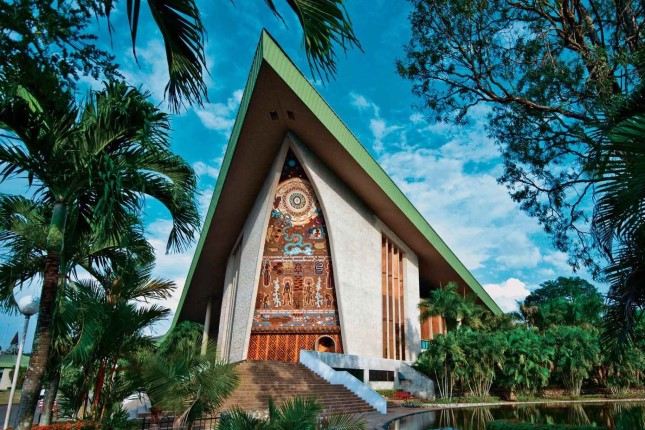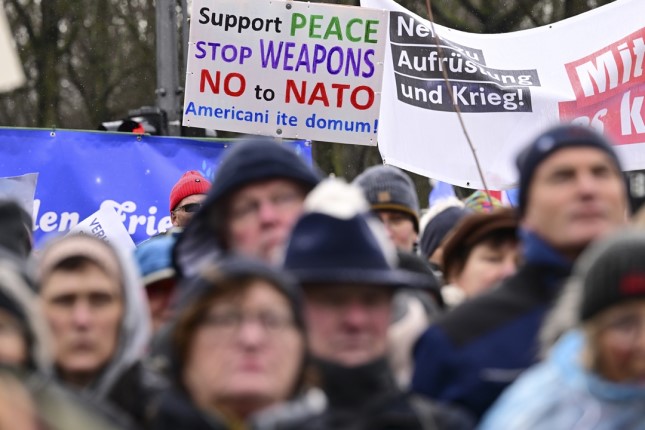The World Economic Forum in Davos, experts say, was much less attended than usual this year. For obvious reasons, the Russian delegation did not come, the Chinese delegation stayed off, and George Soros refused to attend, too, citing a "conflict of schedules". So did "show-billionaire" Elon Musk, who described his attitude to the forum with a sleeping emoji on social media. US President Joe Biden did not go to Davos either, just like the other G7 leaders, except for Olaf Scholz, and the president of South Africa, the most economically developed country in Africa.
Nevertheless, the lobbies of the forum were far from empty. A whopping 116 billionaires registered this year, 40% more than in 2013. The media and experts had to admit, though, that, in the absence of key decision-makers in the global arena, the sheer number of billionaires on the sidelines hardly made any difference.
Previously, the WEF agenda used to be "livened up" by fashion shows and noisy parties by various brands and companies, as well as receptions hosted by individual billionaires. Traditionally, it was Russian oligarchs that took the lead in this "business area" at the forum. In 2015, for example, Russia's VTB Bank, headed by millionaire Andrey Kostin, threw a party at the luxurious InterContinental Hotel, inviting composer Emir Kusturica with his orchestra, and guitarist Al Di Meola.
Tabloids dubbed another Russian tycoon, Oleg Deripaska, the "king of ostentatious forum parties": his guests could feast on black caviar and expensive champagne. In 2023, there were no Russians in Davos, the Russian House did not open, and no one ate caviar by the spoonfuls, washing it down with champagne. In general, as eyewitnesses say, such innocent pleasures have diminished.
To draw attention away from the fact that the forum was attended by less representatives than it normally would, they resorted to expanding its global media coverage. For the first time in the forum's history, they officially invited as many as six YouTube influencers, vloggers with huge following across the regions that are expected to gain more power in the current economic and political environment.
Among the guests, there was, for example, Prajakta Koli, an Indian comedy YouTuber and the creator of the MostlySane channel. She has about seven billion subscribers and featured in many environmental and global initiatives, including The Call To Unite in 2020. In 2022, the United Nations Development Programme India awarded her the title of Youth Climate Champion.
The data sculpture "Artificial Realities: Coral" by Turkish-born artist Refik Anadol is reflected in a window at Davos Congress Centre, the venue of the World Economic Forum (WEF) 2023, in the Alpine resort of Davos, Switzerland, January 17, 2023. Photo: Reurers / Arnd Wiegmann.
Among other vloggers invited to make the Davos forum "closer to ordinary people", there were Adanna Steinacker (House of Adanna channel) from Nigeria, Israeli Arab Nuseir Yassin (aka Nas Daily), Mexican Luis Villar (also known as Luisito Comunica), Wodemaya from Ghana, and Brazilian blogger Nathalia Arcuri, founder of the Me Poupe! YouTube channel, who is famous not only on YouTube but also on Instagram. The total audience of the six these characters is approaching 230 million, which, admittedly, is quite a lot.
The primary function of YouTube channels is to entertain the public. Therefore, it may be assumed that such coverage "works" to simplify the image of the Davos Forum, which for ordinary people has always been something like a congress of the "Elders of Zion" or the World Masonic lodge.
How exactly will the young people and girls from YouTube present the WEF-2023 in Davos to their audience? Probably with an emphasis on environmental problems, which can only be addressed if you are a globalist: after all, this is why they invited the vloggers.
However, YouTube and tabloids for the masses are still relatively conventional, while the entertainment for the Davos 2023 participants practically failed. In the run-up to the forum Austrian tabloid Express wrote that the event was high season for all male and female escorts who flocked to the fashionable Swiss resort. This had been the case before, but the scale increases yearly. Supposedly, there were male and female escorts for all tastes and sexual orientations.
The Austrian tabloid's insider was confirmed by the already mentioned British Daily Mail. The outlet interviewed several high-end prostitutes to find out they take several orders per day and settle in the same luxurious hotels as their clients for convenience: Grandhotel Belvedere, AlpenGold, and Hotel Rixos Fluela Davos. They can afford it. According to Express, the girls charge about EUR 1,400 for four hours of pleasure and EUR 2,400 for a night. The most popular and well-paid heterosexual escorts charge EUR 10,000 per night.
The tabloids point out that the girls try to comply with the dress code to look like young female employees of successful corporations. This draws less scandalous interest. Old-timers note that such a large-scale escort activity as in 2023 has never been seen before; agencies providing prostitute services have gone so far as to launch their own "Davos" websites. Yet, there is nothing illegal about it, since prostitution is legal in Switzerland.
